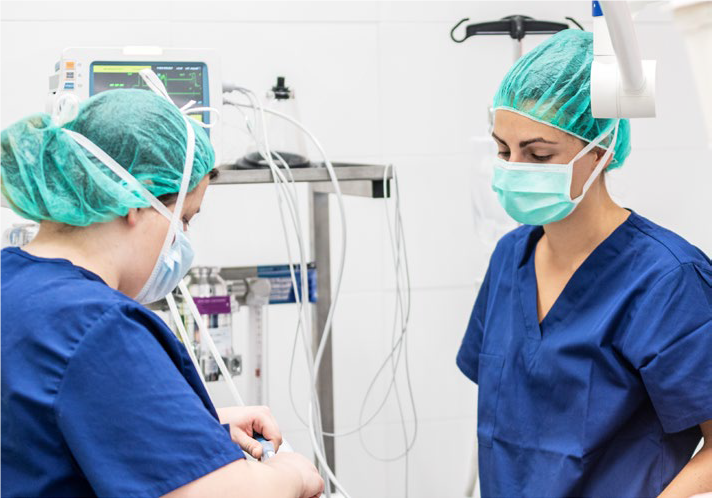Clinical trials are essential for developing new medical treatments and advancing healthcare. They are conducted in distinct phases, each with specific objectives and requirements. At DaSilva Research Institute, we are committed to conducting comprehensive research across all phases to ensure the safety and effectiveness of new therapies. Here’s a closer look at the different phases of clinical trials:
1. Phase 1: Initial Safety and Dosage
The primary goal of Phase 1 trials is to assess the safety and tolerability of a new treatment. During this phase, a small group of healthy volunteers or patients receives the experimental therapy to evaluate its safety profile, determine the appropriate dosage, and identify any potential side effects. This phase focuses on understanding how the treatment is absorbed, metabolized, and excreted by the body.
2. Phase 2: Efficacy and Side Effects
In Phase 2 trials, the focus shifts to evaluating the effectiveness of the treatment. A larger group of participants, often consisting of patients with the targeted condition, receives the therapy to determine if it has the desired therapeutic effect. Researchers also continue to monitor safety and side effects, refining dosage and treatment protocols as needed. This phase provides preliminary data on how well the treatment works and its potential benefits.
3. Phase 3: Confirmation and Comparison
Phase 3 trials involve even larger participant groups and are designed to confirm the treatment’s effectiveness and safety compared to existing standard treatments. This phase aims to provide comprehensive data that supports regulatory approval. Participants are randomly assigned to receive either the experimental treatment or a standard therapy, allowing researchers to compare outcomes and assess the new treatment’s relative benefit. The results from Phase 3 trials are crucial for determining whether the treatment should be approved for widespread use.
4. Phase 4: Post-Market Surveillance
Once a treatment is approved and available on the market, Phase 4 trials, also known as post-marketing studies, are conducted to monitor its long-term effects and performance. These studies help identify any rare or long-term side effects that may not have been evident in earlier phases. Phase 4 trials also provide additional data on the treatment’s effectiveness in broader patient populations and can lead to further refinements in its use and application.
Each phase of a clinical trial plays a critical role in ensuring that new treatments are both effective and safe. At DaSilva Research Institute, our rigorous approach to clinical research across all phases helps us contribute valuable insights to the field of medicine and advance the development of innovative therapies.

